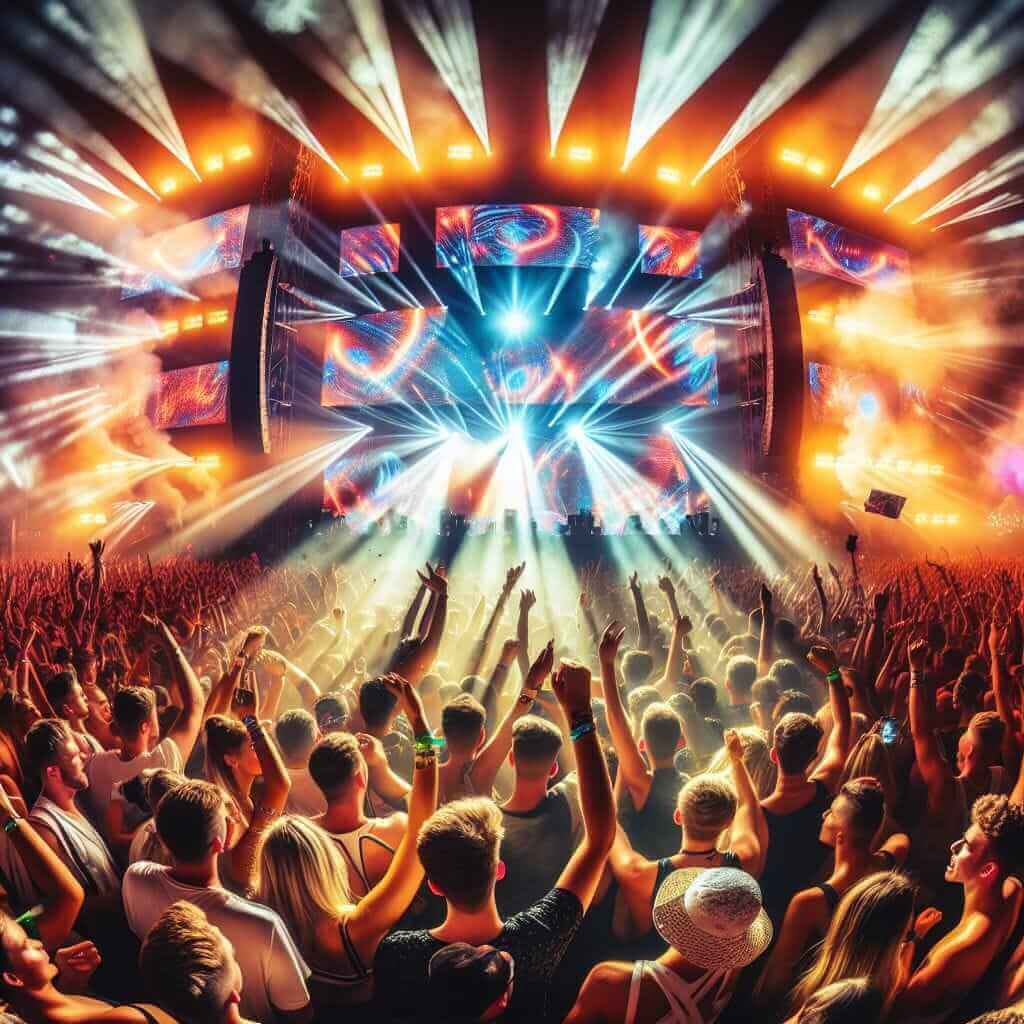In the IELTS Speaking test, examiners evaluate candidates on several criteria, including fluency and coherence, lexical resource, grammatical range and accuracy, and pronunciation. The question “Describe a time when you attended a big event” is a common topic in the IELTS Speaking test and can appear in both Part 2 and Part 3. This type of question allows you to talk about your personal experiences and demonstrate a range of vocabulary and structures.
This article provides a detailed breakdown of how to tackle this question effectively, including sample answers and key vocabulary.
Common Questions in Part 1: Introduction and Interview
Typical Questions
- Do you like attending big events?
- Have you recently been to any big events?
- What types of big events are popular in your country?
Sample Answer for One Question
Question: Do you like attending big events?
Answer: Yes, I absolutely love attending big events. They provide a fantastic opportunity to socialize and network with people from different backgrounds. Moreover, big events like festivals or concerts are usually vibrant and exhilarating, offering an unforgettable experience.
Part 2: Long Turn
Cue Card
Describe a time when you attended a big event. You should say:
- What the event was
- Where it was held
- Why you attended this event
- And explain how you felt about attending this event
Sample Answer
One of the most memorable big events I attended was a music festival called “Lollapalooza.” It was held in Grant Park, Chicago. The event spanned over three days, featuring a diverse lineup of artists from various genres including rock, pop, and electronic music.
I attended this event with a group of my closest friends. The main reason we decided to go was because our favorite band was headlining the concert. We had been anticipating their performance for months and didn’t want to miss out on this once-in-a-lifetime opportunity.
The atmosphere at Lollapalooza was electric. Crowds of people everywhere, the thrumming of bass from different stages, and the colorful light shows created an exuberant environment. I felt an overwhelming sense of joy and excitement. With every performance, the energy seemed to rise, and I found myself completely immersed in the music and the vibrant atmosphere.
Overall, attending this event was an exhilarating experience that left me buzzing with happiness for days afterward.
Part 3: Two-way Discussion
Sample Questions and Answers
Question: Why do you think people like to attend big events?
Answer: People are drawn to big events because they provide a unique experience that can’t be replicated elsewhere. They offer a sense of community and belonging as individuals come together to share their passion, whether it’s for music, sports, or culture. Additionally, big events often feature spectacles and performances that are visually and emotionally stimulating.
Question: What impact do big events have on local communities?
Answer: Big events can have a significant positive impact on local communities. They often bring in a surge of tourism, which boosts the local economy. Businesses such as hotels, restaurants, and shops see increased patronage. Moreover, these events can foster a sense of local pride and unity, as residents come together to host and participate in the event. Conversely, it’s important to manage the environmental impact and ensure that the benefits outweigh the drawbacks.
Question: How do you think big events will change in the future?
Answer: In the future, I believe big events will become more technologically advanced and sustainable. With growing concerns about the environment, organizers are likely to implement more eco-friendly practices. Additionally, advances in technology could lead to more immersive experiences, such as using virtual and augmented reality to enhance the attendee experience. The shift to hybrid events, combining physical and virtual elements, might also become more prevalent, particularly in a post-pandemic world.
Key Vocabulary and Phrases for High Scores
Essential Vocabulary
-
Exhilarating (adj): making one feel very happy, animated, or elated; thrilling.
- Example: “The concert was an exhilarating experience.”
-
Anticipating (verb): regard as probable; expect or predict.
- Example: “We had been anticipating their performance for months.”
-
Immersed (adj): deeply engaged or involved.
- Example: “I found myself completely immersed in the music.”
-
Spectacles (noun): visually striking performance or display.
- Example: “The event featured spectacles that were visually stimulating.”
-
Community (noun): a feeling of fellowship with others, as a result of sharing common attitudes, interests, and goals.
- Example: “Big events provide a sense of community and belonging.”
Usage of Words
- Unique experience: “Attending this big event was a unique experience that I will always treasure.”
- Thrumming of bass: “The thrumming of bass from the speakers added to the excitement of the festival.”
- Local pride: “These festivals instill a sense of local pride among the residents.”
- Tourism: “The event brought a significant rise in tourism, benefiting local businesses.”
Examiner’s Advice for High Scores
- Practice Fluency and Coherence: Ensure your speech flows smoothly and logically. Practice speaking about your topic for at least 2-3 minutes.
- Expand Lexical Resource: Use a variety of vocabulary and try to incorporate some less common words accurately.
- Utilize Grammatical Range: Mix simple and complex sentence structures to show a good grasp of English grammar.
- Work on Pronunciation: Make sure to pronounce words clearly and correctly to avoid misunderstandings.
Final Tips
- Make use of linking words and time markers like “firstly,” “then,” “afterwards,” to organize your speech.
- Engage in active listening to the examiner’s questions and respond appropriately.
- Regular practice and recording yourself can help identify areas for improvement.
- Refer to trusted resources such as IELTS.net for additional practice materials and tips.

Utilizing these strategies will help enhance your performance and increase your chances of achieving a high band score in the IELTS Speaking test.